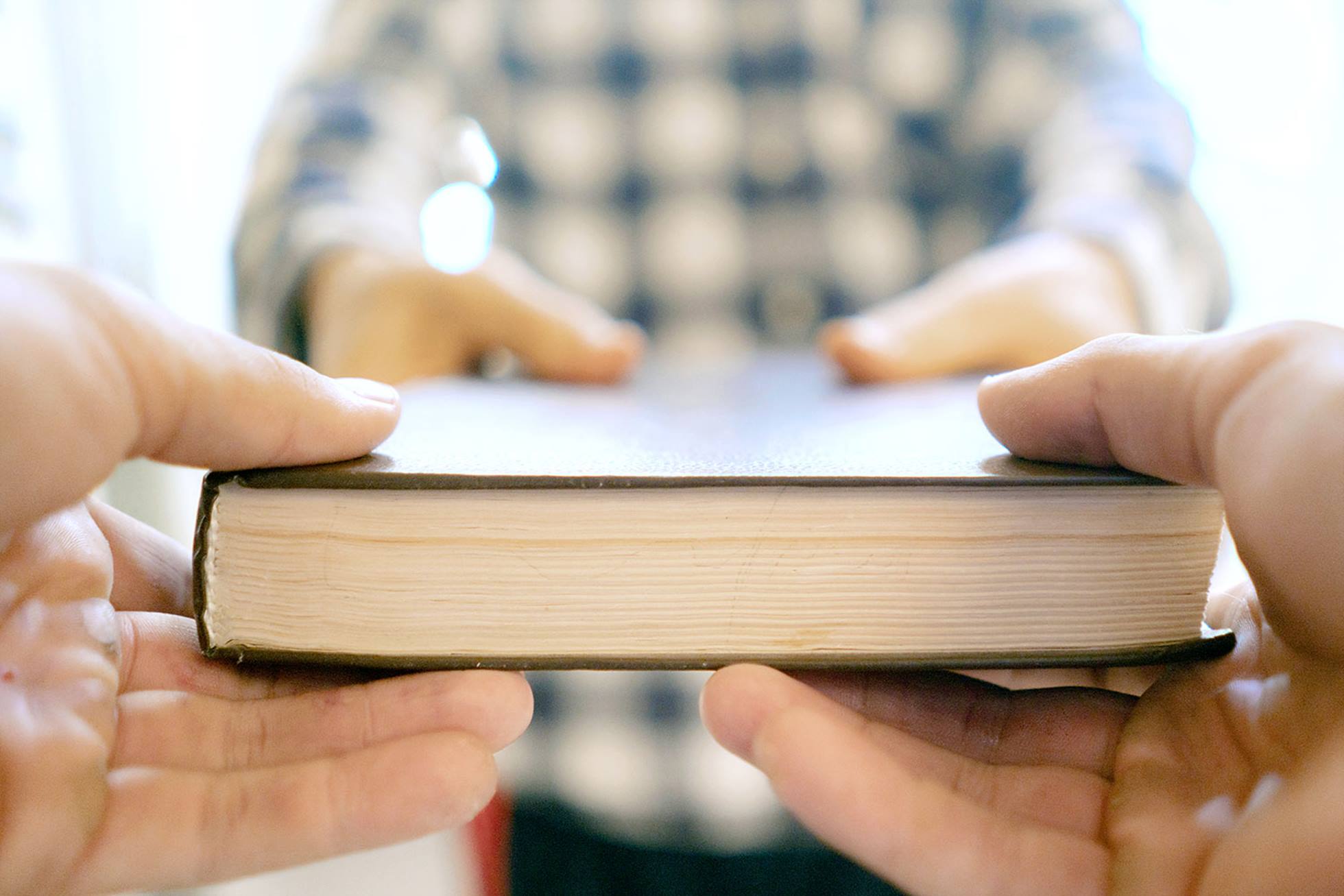
In the 18th century, Benjamin Franklin, who was an American scientist and politician, was trying to figure out how to deal with a rival legislator who tried to find fault with him about everything. He wanted his relationship with him to improve, but he didn’t want to use a gift or flattery. After much thought, he politely asked him if he could borrow a scarce book that he had. He returned it with note, expressing his appreciation. When they met again in the House, he spoke to Franklin first and manifested a readiness to serve him.
Mentioning this in his autobiography, Franklin wrote, “He that has once done you a kindness will be more ready to do you another.” This is the origin of the Benjamin Franklin Effect which states that the one who does favor to someone who asked for help feels friendly toward him or her.
The result of an experiment conducted by Professor Ed O’Brien, a psychologist at the University of Chicago, and his team also shows that the one who helps feels happier than the one who receives help. To ask for help with courtesy as long as it is not burdensome to the other person is wisdom to improve your relationship with him or her.
1